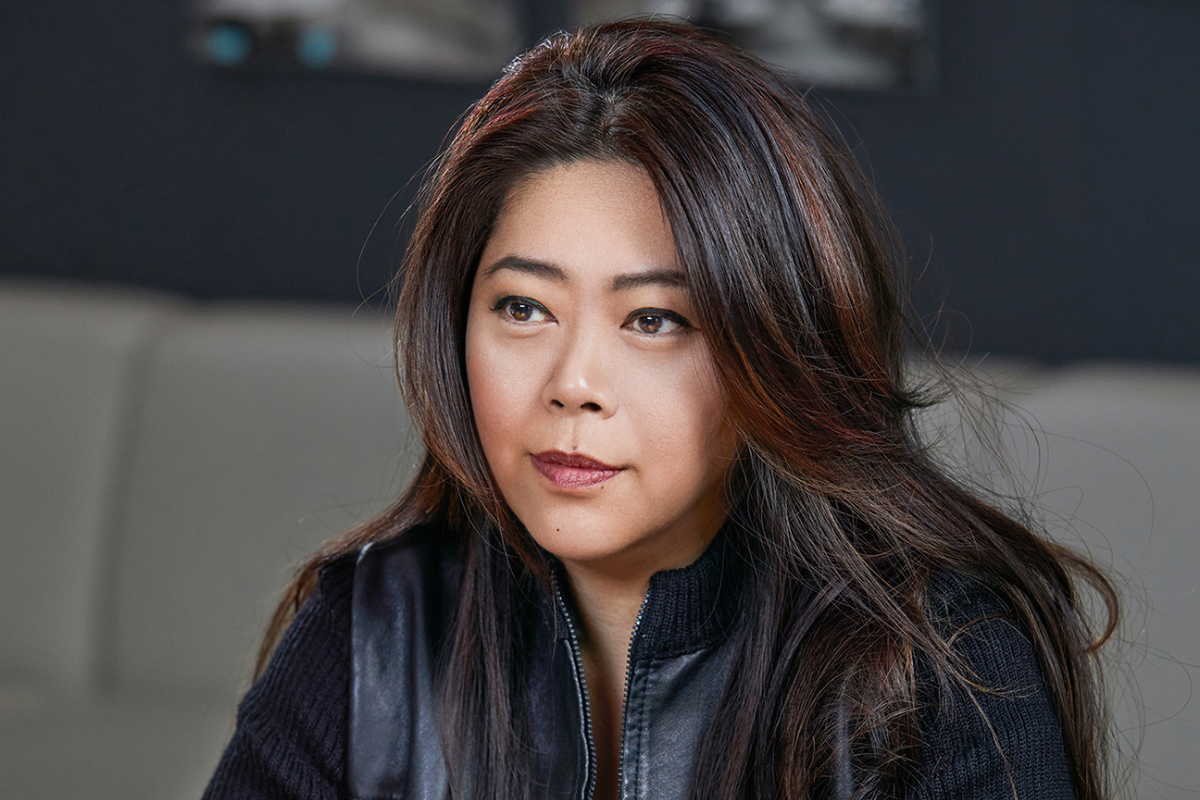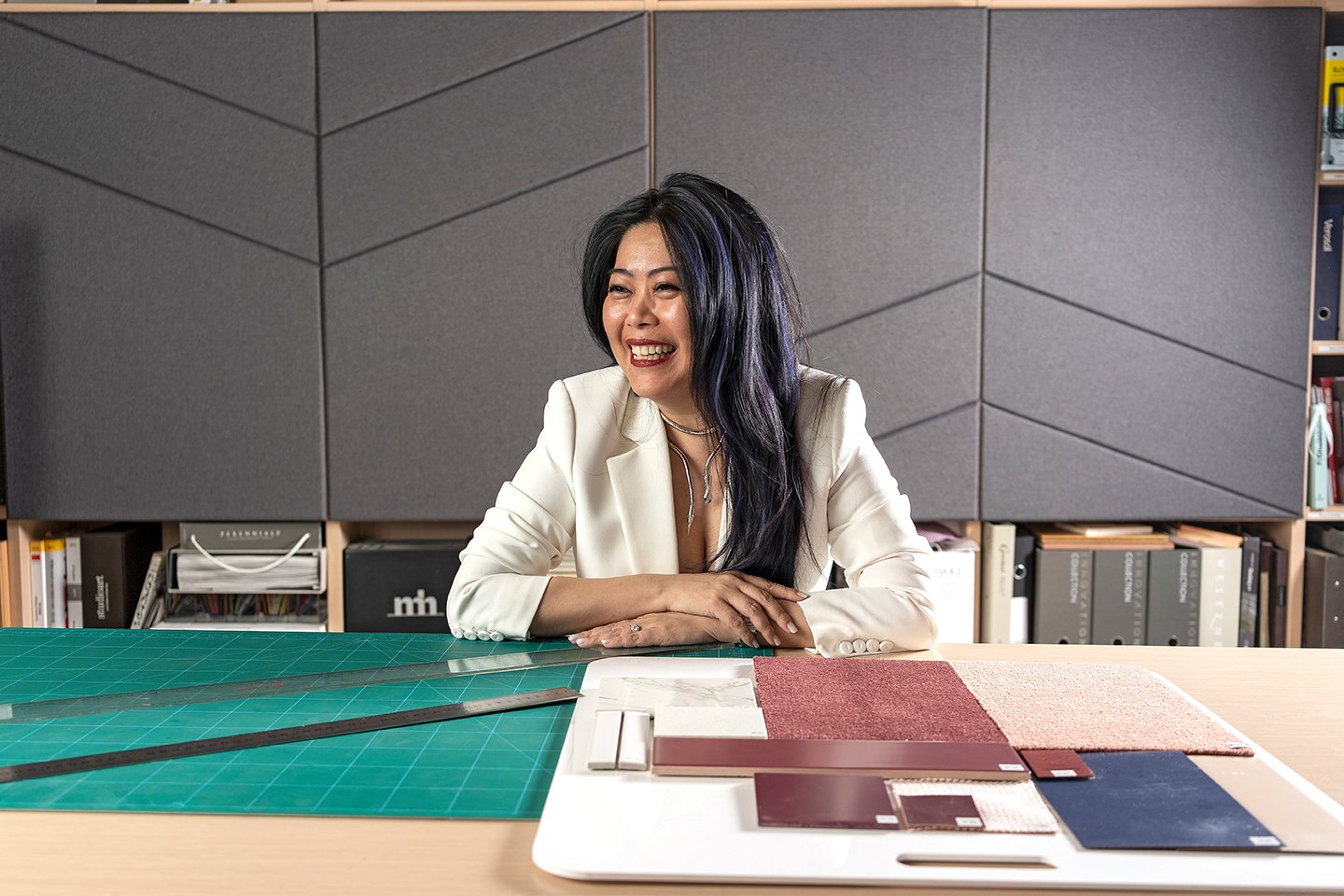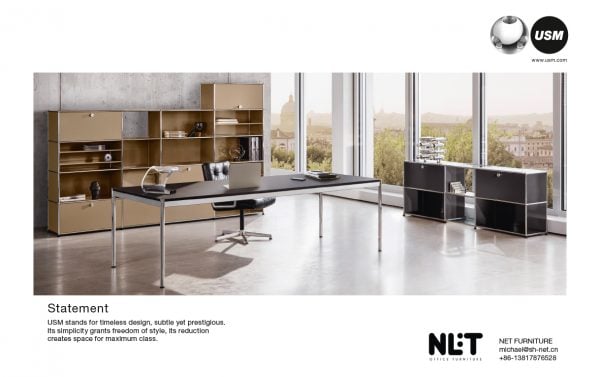The office as we knew it is dead. After COVID-19 disrupted the operations of nearly every business, many traditional office environments are no longer fit for purpose and require remodelling to align with post-pandemic benchmarks.

Hot-desking and dense desk arrangements are out, while open-plan layouts and virtual meeting options are the way forward for social distancing and personal safety. For an interior design company like Space Matrix, the pandemic has been both disruptive and liberating.
The company surveyed about 1,000 of its clients to learn what they missed most about their workplaces and their concerns about returning to them. It then devised a Workplace Reboot program using its proprietary systems to analyse how clients’ offices could be redesigned or redeployed to improve phased entry, hygiene and social distancing.
It has been very successful in the company’s developed markets. Regional Managing Director, North Asia at Space Matrix, Cynthia Chan, considers the pandemic a catalyst for what would have been inevitable change.
“I think it was more pushed forward by COVID-19, rather than driven by COVID-19. Certainly in the future, the majority of offices will be used for meeting people and collaborating – being connected with people rather than doing isolated work,” she tells The CEO Magazine.
People still want to work in an environment filled with people, so the way we design our offices has to be around how you draw people back into the office to collaborate.
“You have more choices now; you can stay in the office, but you can also go outside or to a coffee shop. So you’ll see less focused work being done in an office. I’ve seen designers who have wiped it out completely, but I don’t think that’s the way to go. People still want to work in an environment filled with people, so the way we design our offices has to be around how you draw people back into the office to collaborate.”
Cynthia gained experience in the US with her first client, the US Air Force in Seattle, before heading back home to Hong Kong. She joined Jones Lang LaSalle in Shanghai and then spent several more years there with M Moser Associates.
She was attracted to Space Matrix in 2018 because it had just bought a small local Chinese design company, Muraya, and she was asked to open an office in Shanghai with a remit to develop business in Asia.
She looked into opportunities in Tokyo and Korea, but soon realised that it was best to concentrate on China, and opened Beijing and Shenzhen offices. Space Matrix now has a staff in China of nearly 100, but is taking on projects that belie its humble local origins. “We value being boutique, but we have a big engine behind us,” Cynthia says.

“When we say boutique, in English, you think small and expensive, but in China, the word means something different – staying small enough that clients feel we are approachable, that we’re not a global firm where they don’t know who to go to. But we are in fact a global company and our technology platform alone is unmatched.”
In two years, Space Matrix’s China coverage has grown by 152% and its gross profit has increased about 278%. “Our business leads have increased by about 319%. It’s amazing that in that short time we’ve made a name for ourselves,” Cynthia says proudly.
When she joined Space Matrix, Cynthia quickly set several objectives in train to achieve that early growth. The first was identifying talent. The second was creating efficiencies that everyone can accept; a vision with everyone’s buy-in is not easy to build and takes a lot of homework and understanding, she says. Her third change was creating a culture of “doers”.
She identified three personality types – thinkers, doers and talkers – and eliminated the talkers. “You’re either a thinker and a doer, or a doer. If you want something changed or created, you act. I feel that the difference between successful people and others is not intelligence, it’s action; it’s seeing it and actually doing it,” she says.
She initiated an internal culture of change, and is proud of her team’s ability to discuss a project and act on it without hesitation – a culture of “doers”, and as a result, the company is very flexible. She also transferred knowledge and expertise from the company’s established offices but revised and adapted it to suit local applications.
Space matrix reaches out
In June 2020, Space Matrix formed a strategic partnership with another international design firm, US-based IA Interior Architects, to provide a global reach with unique design services and capabilities. This consortium will include a global studio of over 1,400 design professionals in 37 locations, using a broad sweep of new technologies in interior design. The studio will serve clients in more than 500 cities in 60 countries, getting clients back into a working environment without renovating entire offices.
Space Matrix has protocols and systems that have worked in many countries, but every country is unique and that must be respected, and Cynthia expects that if something doesn’t work, they are open to ideas on how to adapt.
According to Cynthia, Space Matrix is design focused; an obvious observation perhaps, but she points out that, in reality, if you dig deep enough, you’ll find most companies are not design led but are actually project led.
“Whatever makes the most money is how they’re going to be run, and a lot are, of course, managed by project managers,” she explains. “Because we are the new kids on the block and Chinese clients are suddenly very appreciative of design, we made a point to be design led.”
Those who know Cynthia see her apparent loquacious spontaneity, but that is not her real self, she admits. Because of her upbringing, she is actually an introvert who uses spontaneity to her advantage. But she is very meticulous about planning each day, even how she interacts with people.
“I plan every little detail in my head. I’m very analytical, but my inner self is creative,” she reveals. Being in leadership roles from an early age, Cynthia has cultivated a natural management style that encourages input, feedback and involvement from those around her. One of her great talents is finding those people. “To succeed, you have to be a great facilitator and embrace collaboration,” she points out.
“I think observation is my strength. I recognise strength very quickly, and that makes me resourceful. I know who to call and I grab whomever I need. I think that is actually my superpower: I observe well. I don’t know who gave it to me, but the best advice I ever received is, ‘It doesn’t hurt to ask.’ A great leader is someone who is willing to admit when they’re wrong. You can’t know everything.”
Proudly supported by:



